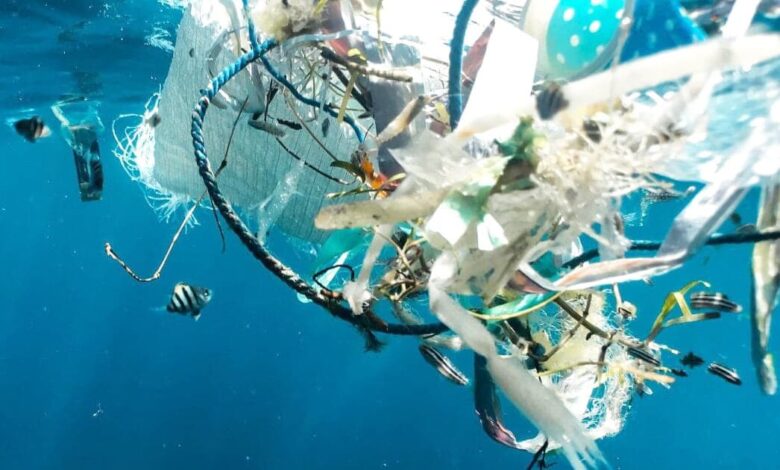Nations Gather in Busan to Curb Plastic Pollution

The fifth session of the Intergovernmental Negotiating Committee (INC-5) to develop an international legally binding instrument on plastic pollution, including in the marine environment, opened in South Korea’s Busan.
Taking place from 25 November to 1 December, 2024, INC-5 aims to finalise and approve the text of the instrument. On the opening day, the INC approved the use of the Chair’s Non-Paper 3 as the foundation to facilitate negotiations in focused contact groups through the week.
Yoon Suk Yeol, President of South Korea, sent a video message to INC: “The excessive reliance of humanity on the convenience of plastics has resulted in an exponential increase in plastic waste. The waste accumulated in our oceans and rivers now jeopardises the lives of future generations. I sincerely hope that over the coming week, all member states will stand together in solidarity – with a sense of responsibility for future generations – to open a new historic chapter by finalising a treaty on plastic pollution.”
INC-5 follows four earlier rounds of negotiations that were held in Punta del Este (Uruguay), Paris (France), Nairobi (Kenya), and Ottawa (Canada).
“The moment of truth is here to end plastic pollution. Not a single person on this planet wants to witness plastic in their communities or washing up on their shores. Not a single person wants chemical-laced plastic particles in their bloodstreams, organs, or their unborn babies,” says Inger Andersen, Executive Director, United Nations Environment Programme (UNEP).
“We have a historic moment to end the world’s plastic pollution crisis and protect our environment, our health, and our future. Our job in Busan this week is clear: agree to a treaty that puts us on the road to delivering a plastic pollution free future once and for all,” adds Andersen. INC-5 was preceded by a series of ministerial meetings, regional consultations, and a conversation with Observers.
“The voices of the world are clear: we need healthy meals free from microplastics; we need clean air, oceans, and forests; we need safe, non-toxic plastic products; we need innovation, circularity, and collaboration to replace harmful plastics,” says INC Chair Luis Vayas Valdivieso. “Let us harness every tool of multilateralism, every ounce of creativity, and every moment of dialogue to overcome our differences and craft a treaty as ambitious as our collective will allows.”
More than 3,800 participants have registered to participate in INC-5 – the highest number of the five meetings – representing 177 countries and over 600 Observer organisations.
Jyoti Mathur-Filipp, Executive Secretary, Secretariat of the INC for Plastics Pollution, says, “The success of these negotiations will directly shape the world we live in – now and in the future – because once the ink is dry, words must be followed by action, and we should all have our eyes on this instrument’s implementation.”





